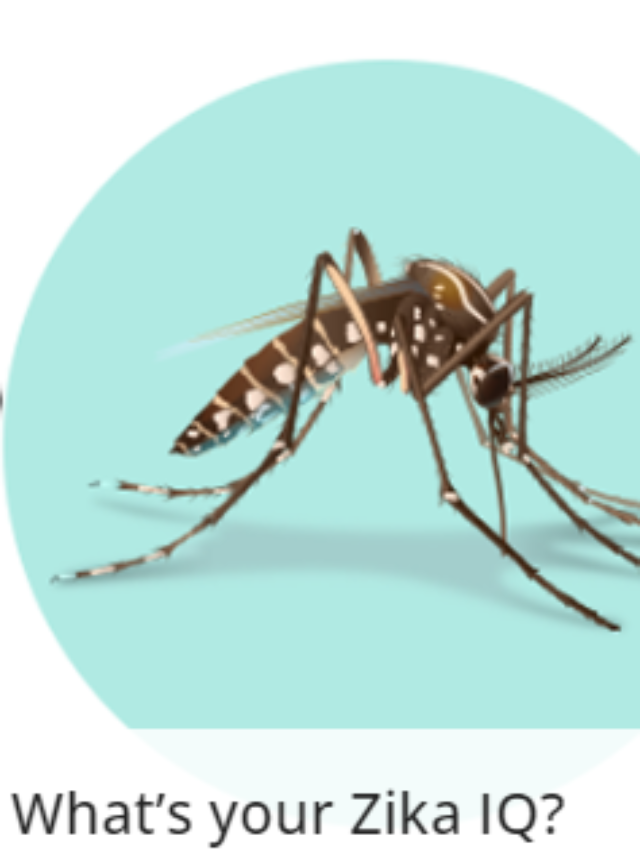In tropical and subtropical areas, the Zika virus is predominantly spread via the bite of an infected mosquito from the Aedes genus, namely Aedes aegypti. Aedes mosquitos typically bite during the day, with peak biting times in the early morning and late afternoon/evening. The same mosquito that spreads dengue, chikungunya, and yellow fever.
Zika virus is also transmitted from mother to fetus during pregnancy, through sexual contact, transfusion of blood and blood products, and organ transplantation.
In October 2015, Brazil reported an association between Zika virus infection and microcephaly. Outbreaks and evidence of transmission soon appeared throughout the Americas, Africa, and other regions of the world. To date, a total of 86 countries and territories have reported evidence of mosquito-transmitted Zika infection.
No vaccine is yet available for the prevention or treatment of Zika virus infection

Leave a Reply